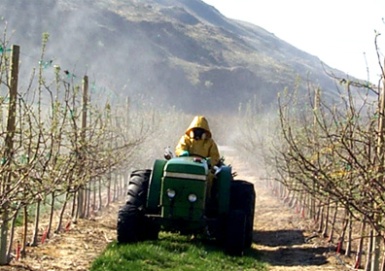
Azinphos-methyl among the instecticides tightly regulated by the Rotterdam Convention (Image: WSU Extension)
Contributed by Melanie Bateman, CABI Switzerland
It is estimated that 2 million chemical preparations are for sale around the world[1]. Many of these chemicals have hazards associated with them. An estimated 200,000 people die each year of pesticide poisoning[2]. And yet, it is very difficult for any one country acting on its own to track all of these chemicals and to assess all safety concerns. The Rotterdam Convention supports information exchange on hazardous pesticides and industrial chemicals.
At its sixth meeting earlier this month, members of the Convention[3] agreed to add azinphos-methyl to the list of chemicals requiring “prior informed consent” (Annex III of the Convention). Azinphos-methyl is an insecticide used to control mites and moths by interfering with the nervous system. Canada was one of the countries that provided information to support its inclusion in Annex III because the Canadian authorities have found that “the use of azinphos-methyl and associated end-use products entails an unacceptable risk of harm to the agricultural worker”[4].
Azinphos-methyl can enter the body either by inhalation, ingestion of contaminated water or food or by dermal contact. Inhalation or ingestion of azinphos-methyl may result in breathing difficulties, headache, dizziness, vomiting, diarrhoea, incontinence, abdominal pain, muscle spasms, anxiety, and in extreme cases accumulation of fluid in the lungs, paralysis, seizures and coma[5]. An assessment carried out by Norway also found that azinphos-methyl “poses a high risk to terrestrial and aquatic organisms”.
If two or more Rotterdam Convention members from different regions ban or severely restrict a chemical for health or environmental reasons, then this chemical is considered for inclusion in Annex III. Once a chemical has been added to Annex III, member countries notify the Secretariat as to whether they will or will not accept imports of the chemical. The Convention is “trade neutral”– if a country will not accept imports of the chemical, it should also cease manufacture and export of the chemical. The Rotterdam Convention currently has 152 members countries, including 21 countries participating in Plantwise. Earlier this year, Afghanistan and Cambodia became members of the Rotterdam Convention. Plantwise is currently enacting a policy by which plant doctors are made aware that they should not recommend pesticides included in Annex III of the Rotterdam Convention and other key international agreements related to pesticides.
[1]http://www.pic.int/Portals/5/ResourceKit/A_General%20information/c.TowardsResponsibleTrade/towardsresptrade.pdf
[2] UNEP
[3] Rotterdam Convention on the Prior Informed Consent Procedure for Certain Hazardous Chemicals and Pesticides in International Trade: www.pic.int
1 Comment
Leave a Reply
Related News & Blogs
Ukulima True – a Kenyan farming campaign to help reduce the risk of pesticides
As demand for food grows globally, farming practices must intensify. Farmers will need to use more low-risk tools to tackle plant pests and diseases. Pesticides are an important tool for pest management. However, they should be seen as part of a kit of…
24 August 2023

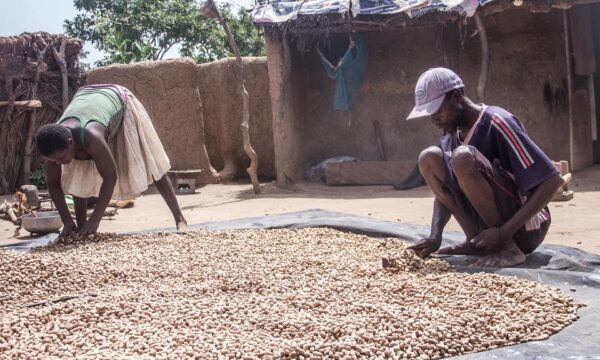
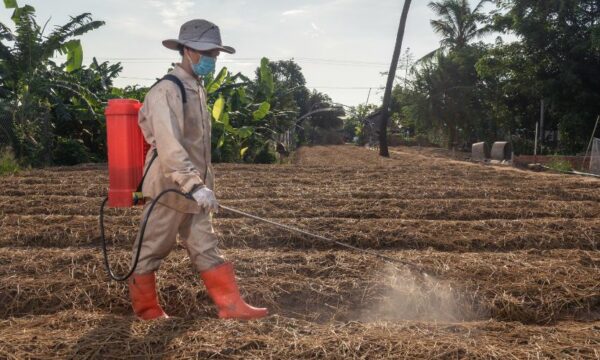
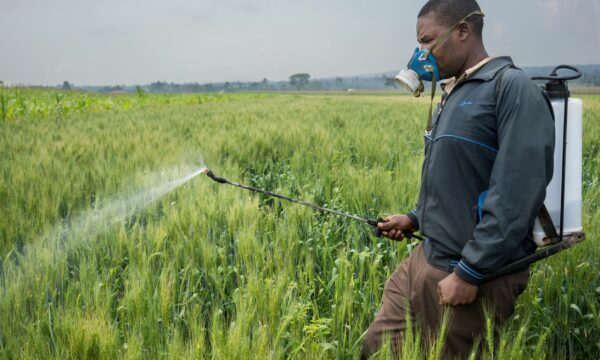
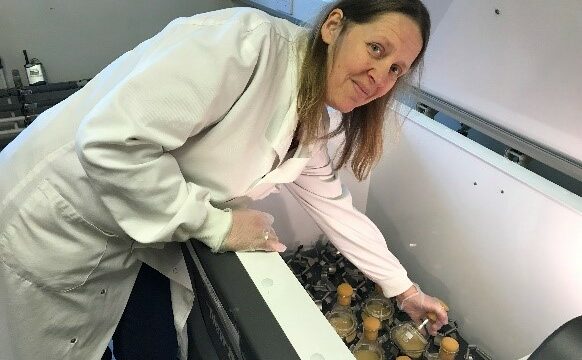
[…] has been mentioned before in this blog, there are a staggering number of chemicals in the world – estimates go as high as 2 […]